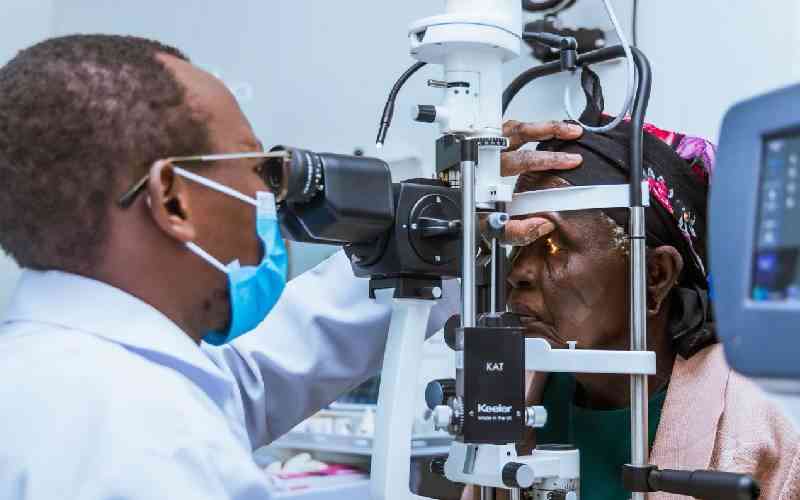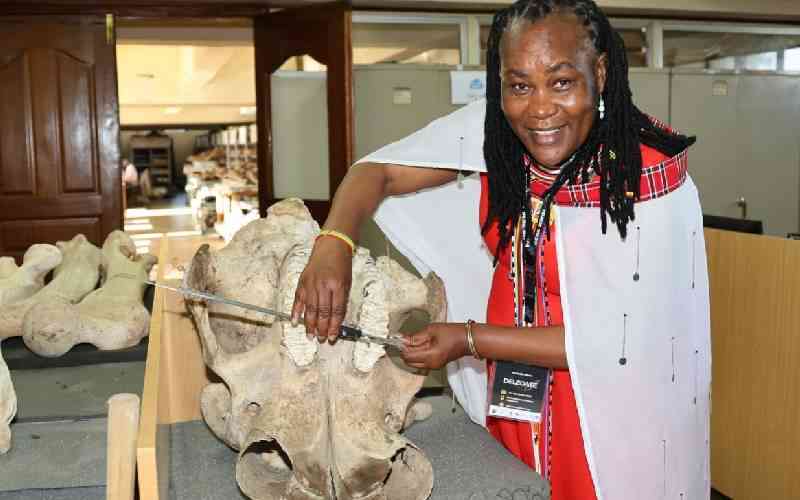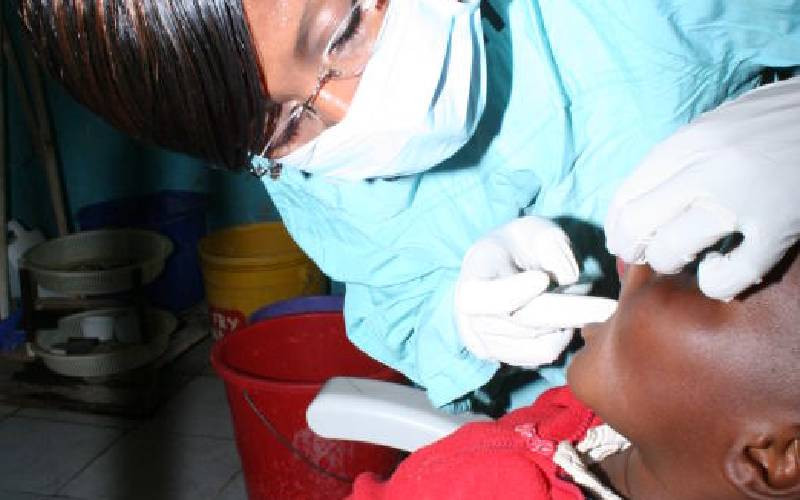By Gatonye Gathura
Kenyans are almost unanimous that money may not buy happiness, but when available it makes the struggles of daily living tolerable.
Unemployment makes the situation worse.
About three years ago Kenya participated in a global survey that hoped to once and for all bring to rest the vexing question on whether money can buy happiness. Most of the 136,000 people who participated in the Gallup Poll said money brings satisfaction, but this is not automatically accompanied with happiness. The Kenyans among them agreed.
The researchers were surprised that apart from money there were other more important determinants for human happiness such as job satisfaction and knowing you have friends and relatives who you can lean on during emergencies.
“Positive feelings are much more strongly associated with other factors such as feeling respected, having autonomy and social support, and working at a fulfilling job,” says Prof Ed Diener, who led the poll. He is also a professor at the University of Illinois in the United States.
But paradoxically, a satisfying job is also a source of money, which allows one to meet basic needs, scale up their dreams and have some worth in society.
Local studies
Dr Grace Wamue-Ngare of Kenyatta University says that while no local studies may have looked specifically into the health impact of unemployment and underemployment in Kenya, the massive lay-offs of the 1980s/1990s following the World Bank-prescribed Structural Adjustment Program is a relevant case study. Dr Wamue-Ngare, who has published a study on the impact the retrenchment had on males in Kiambu, says this had a negative effect on whole families.
“Our survey presented a grim picture especially on the male generation between ages 20-45, whose ego had been gradually but deeply compromised,” says Dr Wamue-Ngare. “These men found themselves in a hopeless and helpless cage that eroded their self-esteem.” The study has been published in the African Journals of Social Sciences.
This similar situation is where thousands of Kenyan youth eligible for employment find themselves in. They are always anxious, depressed, dissatisfied, and hopeless, emotions that are not good for mental and physical health. Medical doctors have since established a link between unemployment and poor physical and mental health.
A researcher at Harvard School of Public Health analysed the health data of 8,125 working and jobless people for a couple of years. The study found that people who are unemployed are twice as likely to report developing a new ailment such as high blood pressure, diabetes or heart condition compared to people who are continuously employed.
Only six per cent of people with steady jobs developed a new health condition during the survey period of about a year and a half, compared to10 per cent of those who had no jobs during the same period.
According to Dr David Fryer, from Stirling University in Scotland, who has studied the psychological effects of unemployment, up to 40 per cent of unemployed people suffered psychological distress. Dr Fryer says there is an emerging consensus that the physical, as well as mental health of unemployed people is also generally lower than that of employed people. This has also been known to have wider effects on children of fathers who are not employed. Medical experts say children with unemployed fathers are at risk of socio-emotional problems, deviant behaviour, and reduced aspirations and expectations.
Little influence
According to Dr Kamau Kinyenje, a medical consultant in Nairobi, unemployment compromises self-esteem, leading to a feeling of helplessness when a person believes they have little influence over important events in their life. Prolonged helplessness, psychiatrists say, leads to mental problems due to elevated levels of anxiety, frustration, disappointment and alienation. There is also considerable amount of evidence that suicidal tendencies are seen more in unemployed people.
According to Dr Frank Njenga the chairman of Kenya Psychiatrists’ Association, unemployment has a strong association with mental disorders. The unemployed are at increased risk for depression and have increased rates of suicide and self-harming behaviour. Dr Njenga, who has written widely on the subject of mental health, says unemployment can lead to drug abuse and addiction, further complicating one’s mental and physical health.
“If your environment is stressful and you feel unable to change it, you may turn to substances for relief. If your inner world is in turmoil, you may turn to substances as medication to feel better, which can only make the situation worse.”
At the same time, high unemployment rates in the country have led to many youth turning to highly stressful and illegal money earning activities such as crime and prostitution. Some of this can at times be reckless. For example, recent research by the Family Health International in Naivasha, Laikipia and Narok among 1,300 young sex workers showed that a third were having unprotected sex with clients known to be infected with HIV. The World Health Organisation (WHO) says a country like Kenya, which has high rates of inequality, violence, unemployment, poverty and crime, is more than an unhealthy incubator of metal diseases and a wretched youth.
“Health is not merely the absence of disease or infirmity, but rather, a state of complete physical, mental, and social well-being,” a WHO report says.
 The Standard Group Plc is a multi-media organization with investments in media
platforms spanning newspaper print
operations, television, radio broadcasting, digital and online services. The
Standard Group is recognized as a
leading multi-media house in Kenya with a key influence in matters of national
and international interest.
The Standard Group Plc is a multi-media organization with investments in media
platforms spanning newspaper print
operations, television, radio broadcasting, digital and online services. The
Standard Group is recognized as a
leading multi-media house in Kenya with a key influence in matters of national
and international interest.











